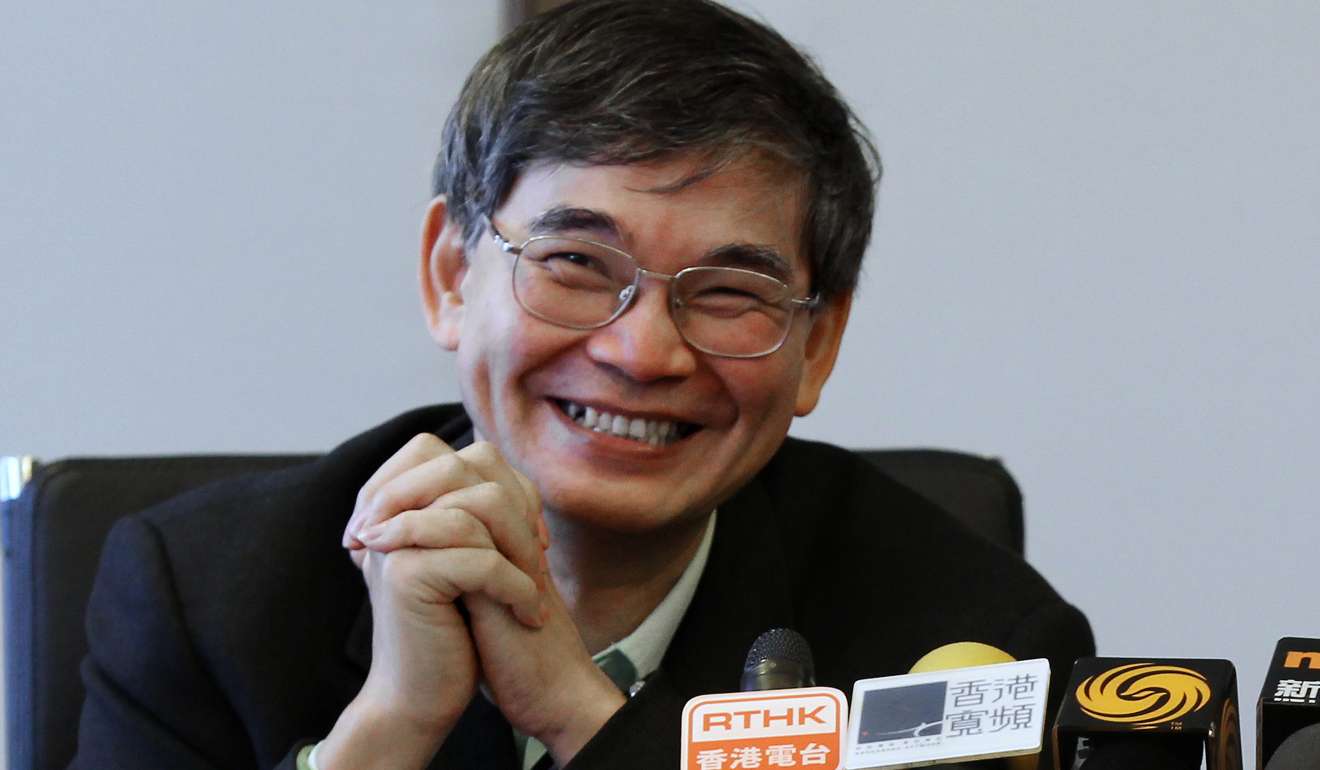
Why it was ‘unfair’ to expect anything different from Paul Chan’s maiden budget for Hong Kong
Law Chi-kwong says it was more of the same after majority of measures were already announced in policy address

To expect Financial Secretary Paul Chan, who is just two months into his post, to do something very different from previous budgets of the Hong Kong government is basically unrealistic and unfair.
Judging from the 2017-18 budget, Chan has inherited the basic fiscal policies of previous financial secretaries. And to a certain extent, there are many parts in his budget speech that appear to have been copied and pasted from previous budget speeches.
For instance, the relief measures – a salaries tax reduction, rates waiver and an extra one month social security payments – are all copied from the 2016-17 budget, and the profits tax reduction is copied from the 2015-16 budget.
On the areas relating to social policies – particularly health, education, retirement protection and welfare – the budget has only spelt out the dollar values of the initiatives and service expansion provisions that were announced in the policy address and policy agenda just five weeks ago.
Apart from what was already revealed in the policy address and policy agenda, there are only a few things that we now know more about from the budget.

On retirement protection, we now know that the Hong Kong Mortgage Corporation has commenced a feasibility study and the design of a public annuity scheme. Another important figure to note is the additional HK$6.53 billion required to add a higher tier of Old Age Living Allowance and to relax its asset limits. This is perhaps a record high increase for any new initiative or existing social programme in a single fiscal year, as far as I can remember.
Probably due to the projected record high budget surplus for 2016-17, Chan has earmarked HK$30 billion to boost elderly and rehabilitation services for persons with disabilities – a detail not mentioned in the policy address.
To a certain extent, there are many parts in his budget speech that appear like they have been copied and pasted from previous budget speeches.
Part of the resources will likely be used to implement some of the recommendations of the Elderly Service Programme Plan – to be completed by mid-2017.
Indeed, HK$30 billion is a lot of money, especially when the total budget for elderly and rehabilitation services for 2017-18 is HK$14 billion. And while it is good to earmark so much for social welfare services, I will not be overly optimistic about the expansion of elderly and rehabilitation services.
It is fair to say the increase of expenditure in education, health, and welfare for 2017-18 is also quite spectacular. To finance such an expansion, Chan – consistent with his predecessor John Tsang – offered an optimistic economic growth forecast of 3 per cent per year from 2018 to 2021, up from the 2.5 per cent rate of the past few years.
Law Chi-kwong is associate professor at the department of social work and social administration at the University of Hong Kong